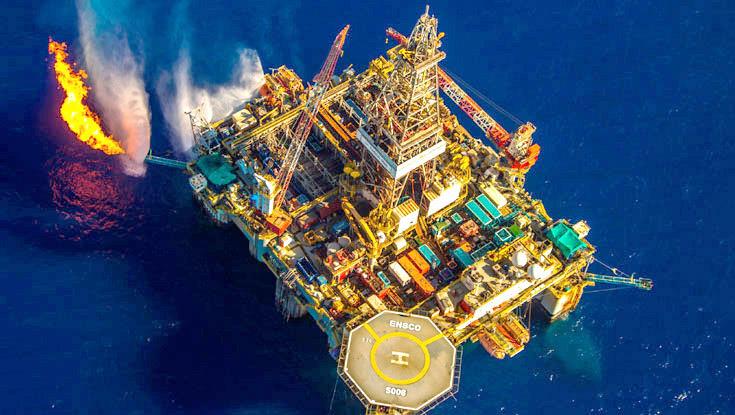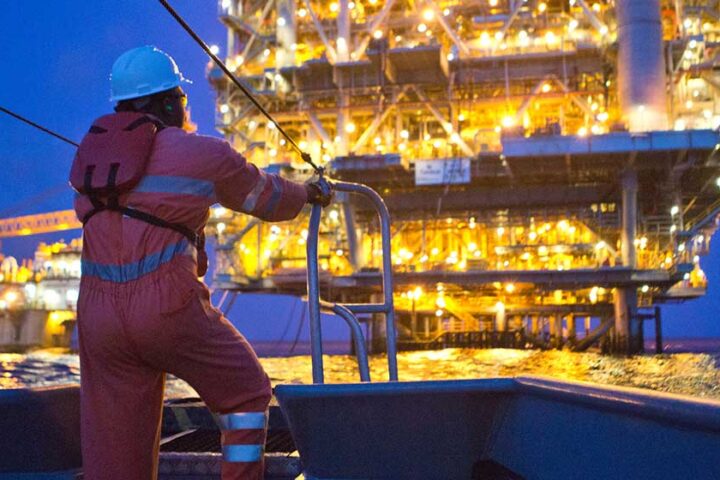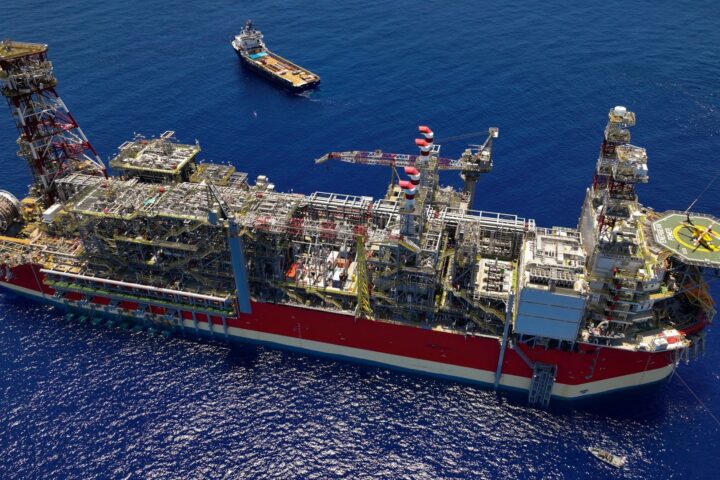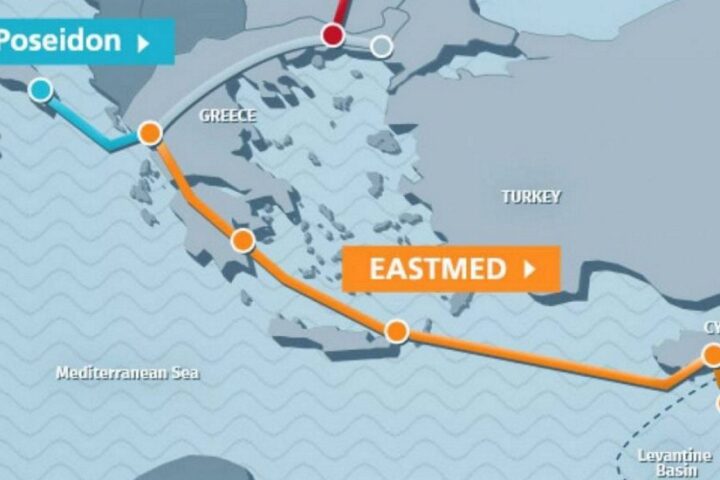The government is optimistic about a positive conclusion in its lengthy negotiations with Chevron in commercialising untapped Aphrodite natural gas.
There has been speculation that negotiations with Chevron were headed for disaster as they have reached an impasse.
But government spokesman Konstantinos Letymbiotis said that Chevron’s presence in the Cypriot EEZ was “a strong vote of confidence”.
“Negotiations continue, and we are optimistic that there will be a conclusion”, he added.
He called for patience until the negotiations were completed, noting that agreements have been signed and there can be no more official statements until November 5, which is the deadline.
Asked if Nicosia could accept the plan submitted by Chevron, the spokesman reiterated that negotiations were ongoing and there could be no statements.
The Chevron-led consortium proposed connecting the Aphrodite gas field via a subsea pipeline and existing infrastructure to Egypt, where the gas can be sold in the domestic market or liquefied and shipped to Europe, which has largely been cut off from Russian supplies.
Energy Minister George Papanastasiou confirmed the government had rejected the latest plan, which omitted a previous proposal to build a floating gas processing plant at the field 160 kilometres southeast of Cyprus.
He said the consortium should honour what was mutually agreed by the parties in 2019.
The parties have engaged in a new round of talks until next month.
The United States is backing Chevron’s plans, which it believes will help to get gas to the market faster and with a lower carbon footprint as it does not involve building large infrastructure, according to Reuters.
Aphrodite, discovered over a decade ago, holds an estimated 124 billion cubic metres of gas. Chevron is a partner in the field with NewMed and Shell.
Its development would give a vital boost to the Eastern Mediterranean gas basin, which has attracted huge investment in recent years, particularly in the wake of Russia’s invasion of Ukraine as Europe sought to replace Russian fossil fuel.
According to two industry sources, Nicosia objected to Chevron’s plans to drill three production wells rather than five and avoid the construction of a floating production unit above the field.









